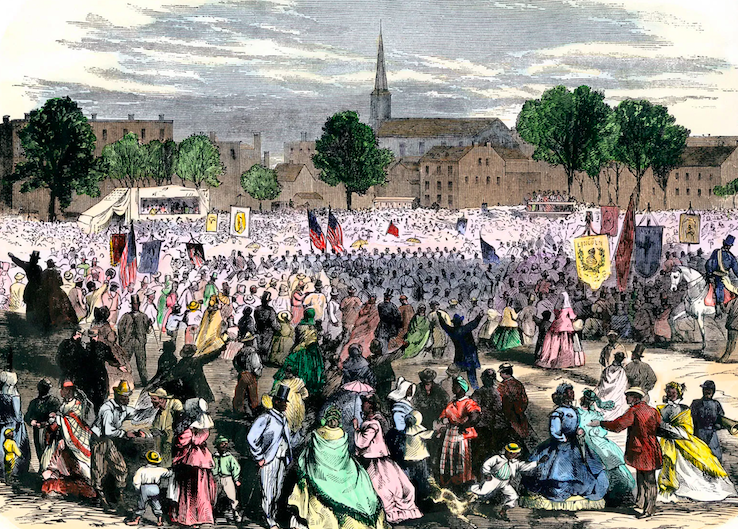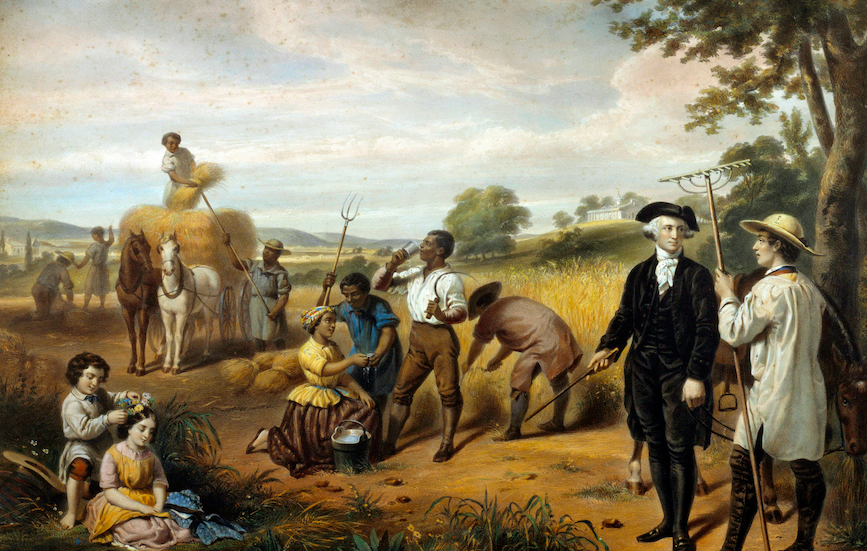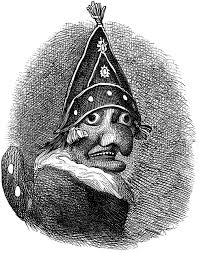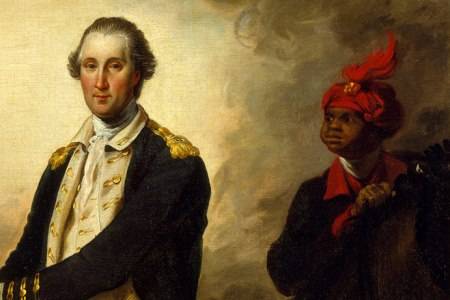Americans celebrate Juneteenth this week, a rather new federal holiday in the United States commemorating the emancipation of enslaved African Americans.
Though father of the nation George Washington publicly denounced the slave trade on moral grounds in the Fairfax Resolves, the American slave of which he so gallantly spoke wouldn’t actually celebrate their freedom until 19 June 1866 — 1 day, two weeks, and 90 years after everyone else. In fact, a federal holiday commemorating the emancipation of American slaves wasn’t created until 2021, a couple hundred years and change after some 56 signatories signed on to the Declaration of Independence.
More than 150 years after the 13th Amendment abolished slavery in the United States, most agree the institution has and continues to shape America today. Four-in-ten say the country hasn’t made enough progress toward racial equality, according to a new Pew Research Center survey. However, the road to achieving equity simply cannot be accomplished by treating everyone equally. It can only be achieved when treating everyone equally — according to their circumstances.
The Civil Rights Movement and Great Society lifted Blacks out of poverty in the 20th century, but there is still a startling wage gap between them and their White counterparts today. Can the race for wage parity and inclusion reconcile the collective harm to African Americans? Does whitewashing the pump make the water pure?
Myths of Equality
The Thirteen American Colonies were reluctant to form a union in 1776. Each, as then, were operating as a sovereign nation. Where they agreed was on the word 'equality,' and their collective independence from Great Britain. Originally drafted as instruction for Virginia's delegates to the Continental Congress in 1774, Thomas Jefferson's pamphlet begins circulating throughout the Thirteen Colonies and stirs consensus. It begins:
We hold these truths to be self-evident, that all men are created equal, that they are endowed by their Creator with certain unalienable Rights, that among these are Life, Liberty and the pursuit of Happiness.
The Declaration of Independence in 1776 drafts the nation’s moral code the following year. While the first U.S. national government came into force under the Articles of Confederation in 1781, the document itself said nothing about slavery, instead handing the power to regulate slavery to the individual states. Each and all had indentured servitude and slavery encoded into their state constitutions.
Ninety years on, Union General Gordon Granger marched on Galveston Texas on 19 June 1865 to enforce the emancipation of its enslaved population, and oversee Reconstruction following the Civil War. Ordinances were posted in public places, including the Reedy Chapel A.M.E. Church:
The people of Texas are informed that, in accordance with a proclamation from the Executive of the United States, all slaves are free. This involves an absolute equality of personal rights and rights of property between former masters and slaves, and the connection heretofore existing between them becomes that between employer and hired labor.

Juneteenth Celebration, Galveston Texas 1866
Abraham Lincoln’s EO The Emancipation Proclamation (January 1863) freed southern slaves to fight for the union. It's the deciding factor in the American Civil War (May 1865); enshrines the Thirteenth Amendment into the U.S. Constitution (December 1865); and ensures Juneteenth's first celebration in Galveston Texas the following year (June 19, 1866).
Yet despite Juneteenth becoming a federal holiday in 2021, nearly 243 years of cultural economic, physical, legal, and political inequity against Black Americans in particular has proven to be a difficult bell to unring. Fact: Wealth disparity, poverty rates, bankruptcy, housing patterns, educational opportunities, unemployment, incarceration and mortality rates among Blacks are disproportionate for a nation that prides itself on equality.
Inclusive Mindset
While Juneteenth celebrations are new in many parts of the country, in Memphis, where the slave trade once thrived, equestrian statues of slave traders and Confederate Generals have been removed to fete the day, and more than 160 monuments and memorials honoring the Confederate States of America and associated figures have been destroyed, removed and disappeared.
Does airbrushing Confederate Generals from the public square serve American history? Can banning the Critical Race Theory from public schools retell the American story? Michelle Obama explains, "I am the former First Lady of the United States and I am also a descendent of slaves. My great grandmother (Melvinia Shields) was in bondage in South Carolina. It's important to keep that truth right there."
Because among the nation’s 333 million people today only 47.9 million are Black. That's because their mortality rate is higher, 1.63 million times higher relative to White Americans over the last two decades, according to JAMA.
This outcome sprouts from the soil of the nation’s founding.
Today, White Americans have 10 times the wealth of Black Americans; Black women die in childbirth at three to four times the rate of white women; and 1 in 3 Black men will likely enter the criminal justice system at some point during their lifetime.

Mount Vernon circa 1798
So while the father of the nation ordered all 123 of his personal slaves free upon his death — shunting them all rather suddenly from Mount Vernon on 22 May 1802 to scramble for food, shelter, and survival against their white counterparts — providing a fair start or even a sack lunch for the road might've been the more American thing to do.
Speaking of America, dear reader, Major League Baseball retroactively granting the Negro Leagues “major league” status this year — integrating the segregation-era statistics of more than 3,400 Black players into the official MLB record database — doesn't even or settle the score. Nor does replacing names like Babe Ruth with Josh Gibson on the all-time leaderboards of history.
It was Jackie Robinson who broke the color line when he started at first base for the Brooklyn Dodgers on 15 April 1947. A decidedly free America would have begun keeping score then and there.








